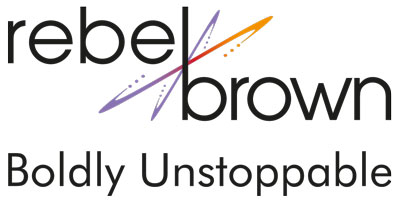“What is my most likely quantum computing value?”
That’s a question that’s top of mind for any organization exploring quantum computing.
Chances are, right after you ask that question, you’ll get a variety of responses.
- Some will diss all the hype and proclaim quantum computing to be fake news, some will point to this super cool algorithm you can try today on a quantum computer.
- Others may zoom in to offer you time on a real quantum computer (QPU) so you can try it yourself.
- You may also get a list of quantum computing value that experts have defined as the best options for quantum systems.
The reality is that your best quantum computing value is unique to your organization. You can’t think of quantum computing value as one size fits all across industries, or within industries. Every business is unique in the computational insights it needs to make the best possible decisions.
Which means you need to answer the question for yourself, based on your organization, your current applications and computational needs. Not to mention your willingness to invest big budgets to hire or train quantum experts to explore your options. Then there’s your risk aversion to such investments, just to explore your quantum computing potential.
Identifying Your Quantum Computing Value
Before you start down any quantum path, you have to understand the right questions to ask. Quantum computing value is not like traditional computing value, so you need to think out of that particular box.
Thinking through these questions provides a structure for your initial exploration of quantum computing value. It’s not just a matter of identifying your best applications. That’s putting the cart before the horse.
First, you need to first identify the criteria for selection, the process, the prioritization methods and a path to defining completely new applications of quantum computing. Then you can logically jump in.
Here’s the kicker: Your best quantum computing value may very well be an application that does not exist at all in your organization today.
Following are a few of the key questions to ask as you begin to identify your best quantum-possible applications and new use cases.
How do I select my quantum-possible use cases?
This is a great question to ask before you start, and again after you identify your best quantum-possible opportunities. How are you going to select them? Based on what your market says is best? Through research into what others are doing in your market?
By the way, both of those approaches mean you’re following vs leading your competitors. Which means you might want to do your own research and find trusted advisors to help you define your best approaches.
How do I know which are the best opportunities? What criteria? Which are feasible?
Once you select your quantum-possible use cases, you need to define which ones are truly potential applications of quantum computing. Not all potential use cases map well to quantum computing value.
The best approach is to first define the criteria that point to the most likely quantum opportunities, things like computational complexity, size of problem, opportunity for more accurate results, or an opportunity for accelerated timeframes for results. There’s also the potential upside the use case can enjoy from having a diversity of results vs a single answer as in today’s traditional system.
For example, many optimization problems will benefit from quantum diversity of results… empowering users to see all the answers that solve their challenge in a way that lets them select the best solution for that specific situation. Diverse results may offer better options than that single answer ,with only a minor difference in the results’ ranking.
What process do I use to fully evaluate my options?
Since quantum computing is in its early stages, some believe that you can’t get value at all. That’s not completely true.
Given that quantum is dramatically different from today’s computing, organizations need to begin to explore the power of quantum. Since scale is an issue, you’ll need to use smaller “models” of your current problems and computations.
That means you need a process to define the steps and approaches you’ll take to create those smaller ‘model’ problems, how you’ll develop the software and algorithms to process them. and which quantum computers you will evaluate.
You’ll also want to be sure that you explore a complete problem vs just testing an algorithm alone. Be sure you define how you’ll analyze the results and abstract them to apply to your full real world opportunity.
How do I prioritize these use cases?
You’ve identified potential quantum computing value within your organization. How do you prioritize which ones to begin to explore first, which ones can bring the most value in the nearest time frame, which ones will take more investment of resources and time etc.
That’s not an easy question to answer, which is why working with a knowledgeable quantum consulting team can help you dive deeper into the effort and cost associated with each option. Whether you hire a quantum expert or partner with a quantum vendor or vendors, you’ll need guidance as you explore and learn about quantum and all of its unique architectures and processes.
The Bottom Line
Quantum computing is accelerating faster than we expected. The QPU vendors are delivering innovation in a rapid fashion. Some QPUs are much more limited by qubit scale/connectivity and error correction than others, based on their architecture. But there’s no doubt, quantum is accelerating and it’s time to begin exploration. Or be left behind.
We’re learning more and more every day. With the right approach, you can begin to identify and work with current use cases to get a clear perspective about which applications deliver potential quantum computing value.
By starting now, you’ll create an opportunity for competitive advantage tomorrow.





